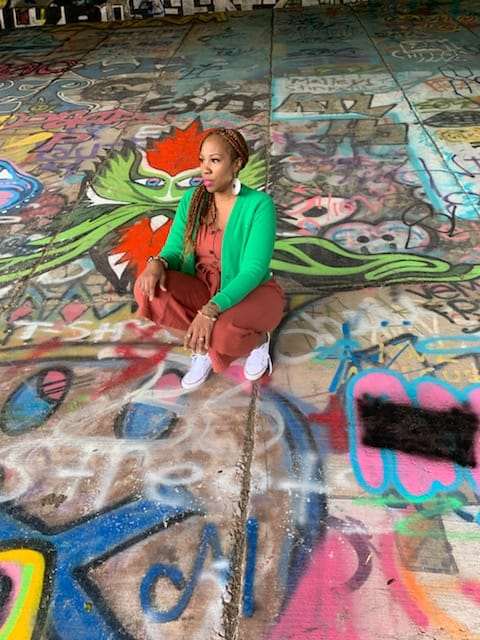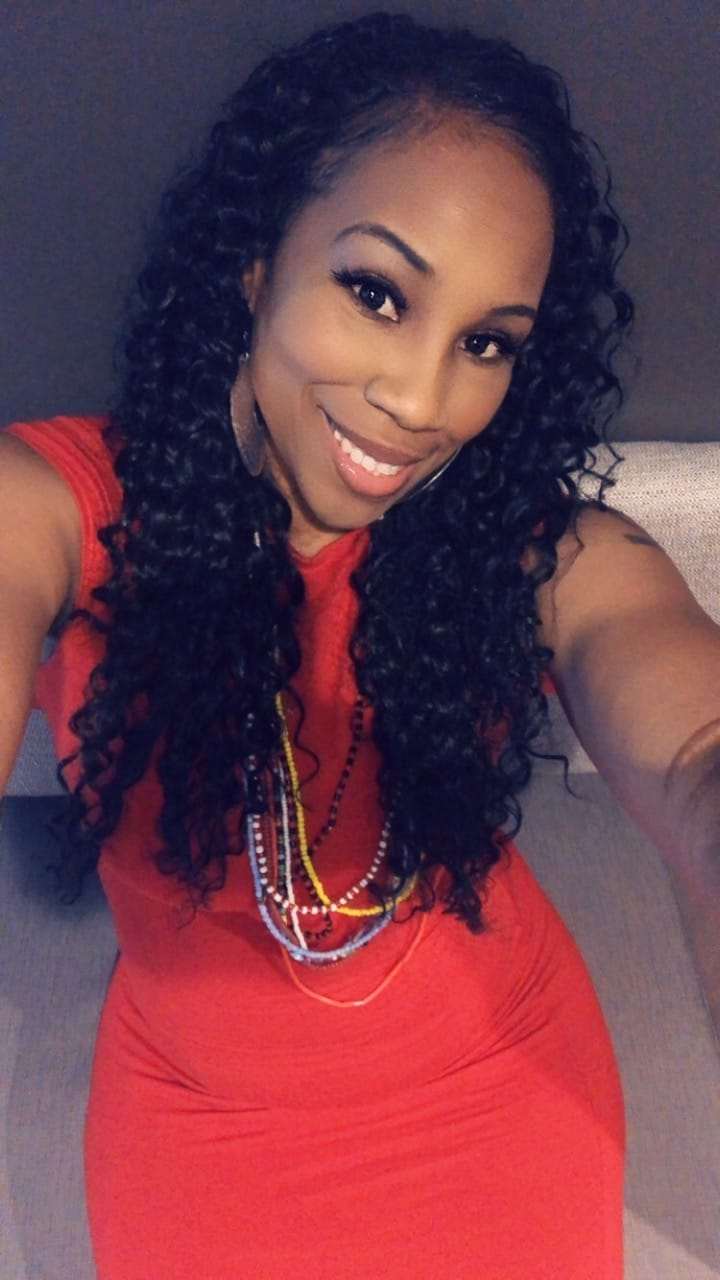
by JR Valrey, Black New World Journalists Society
As the new issues in our community continue to mount as a result of the COVID-19 pandemic quarantine, the education of Black youth is taking center stage, as the nation experiments with distance learning. In Black communities locally and across the nation, there were already learning gaps, achievement gaps, a digital divide, and a lack of knowledge of self that Black youth as a body were already struggling to overcome before this forced pivot to online school.
Oakland has recorded that 15,000 young people in the district are AWOL from daily cyber-classes, many due to a lack of computer access or internet access in their homes. So we are in the middle of a catastrophic educational derailment that state lawmakers have only weeks to come up with a plan to address. Until then, we must do our due diligence in making sure our children continue to enrich their growing minds throughout this historic time. Perhaps now we can better arm them with tools that they can use to fight institutional racism when they return.
Bay Area-raised writer Akua Elebuibon, has been writing and publishing African-centered elementary school books and workbooks for years for homeschools as well as parents who want to reinforce knowledge of self and education in their homes. Now that distance learning has put the responsibility of educating all of our children in our court for a few months, it is important that we gather the right materials to accomplish the job.
We might actually find that we like homeschooling our youth instead of sending them to an institution for them to be indoctrinated into mindsets that are against their own and their community’s interests. For those of us who cannot commit to that for whatever reason, we could still supplement what is being taught in these schools with tools that make our children aware of who they are and their history within the world, to build pride and confidence.
Akua Elebuibon is very strong in that lane, and we need to listen to her advice and check out her products for elementary age Black youth.
M.O.I. JR: The whole country has been engaged in this distance learning experiment during the COVID-19 pandemic quarantine. How do you think this transition to strictly online learning will affect Black children?
Akua: Any restriction on learning is a disservice to our children who are already not taught a culturally sensitive education but also are often left behind in the “No Child Left Behind” teaching program. Statistics prove that children have different learning styles. There’s not space for much needed Q & A in most of the online school work that I’ve seen and have been hearing about. It’s more-so been busy work for the children.
M.O.I. JR: Gov. Gavin Newsom has just announced that the state of California may open up, as well as the school year may start in July for children in the Bay Area. How will the quarantine affect them when trying to get back to normalcy?
Akua: Honestly, my opinion is one that leaves me sort of on the fence. On one hand, the children face forgetting a lot of the information that they learned during the school year due to the abrupt transition and could benefit by returning earlier than usual. The other hand of that is if health is a genuine concern will all of the necessary precautions be in place for them to return?
M.O.I. JR: What are the books that you have written, and what subjects do they help the student to work on?
Akua: “Madam CJ Walker’s Road to Success” is a child’s friendly biography book that is excellent to expound their vocabulary, social studies, history, marketing, philanthropy, economics and more. “The Successes of Marcus Garvey” is another child friendly biography book that is a great resource for history, social studies, community development and character building.
. . . books written to inspire them to be proud of their cultural history as well as informed about the ugly truths of their history in a way that would ignite their desire to challenge the dysfunctional norm and search for their life purpose.
“ImHoteps Learning Concepts, Volume 1” is a math book for early learners that utilizes Afrikan images and symbols to teach the youth to count, add, subtract and graph as well as language because it has counting in four different Afrikan dialects. “Dear Future History Makers” is a book about Afrikans born and raised in America who have made inventions that we use on a regular basis.
“Queen Nzingha” is a book that teaches Afrikan culture and history. “Sanyia’s Face” teaches babies the parts of their face in five languages.
M.O.I. JR: What are the benefits as well as the negative aspects to the whole Black community being forced to homeschool their children?
Akua: Being forced to homeschool is dangerous. Unfortunately, there are caretakers and parents that are not prepared to guide their children in studies. You don’t necessarily have to be a good teacher per se, in the way of taking it on as a career, because it actually surprises many parents at times just how much easier it is for children to learn from them! I mean it’s what naturally happens throughout their life, right?
However, in today’s world so many people are trying to handle stress that it leaves them with little patience to take on the task fully. In society there are homes where the environment doesn’t support at-home learning, and that concerns me. For some, the online learning is nothing more than another thing they can point children to do to stay busy – like television, game consoles and cell phones.
Now with that being said, I do think the potential for many of the parents to homeschool successfully is huge. I believe a lot of parents are going to find that they can handle it and may very well stick to it after school is back in session.
M.O.I. JR: What are some techniques that you might recommend beyond reading your books for homeschooling? What are some other resources?
Akua: There is much opportunity in having more time together with many teaching moments. Reading together and discussing the material – this gives you the ability to check for comprehension as well as the child’s mindset. You can do science experiments together which will make learning fun for them as well.
Make crafts together, artwork that is going to promote their self-expression as well as the space to learn and celebrate history. Do physical activities together like jumproping, playing ball, learning hobbies like sewing, cooking and building. All of these things can and should be done even without homeschooling being forced!
M.O.I. JR: How did growing up in the streets of the Bay inspire you to write about Black sheroes and heroes?

Akua: Growing up in the Bay Area created a space for me to be comfortable being who I was. Soon after high school, I joined an organization called Black House that groomed me to bud into the Pan African-ist I became. It was there that I was surrounded by like-minded individuals who shared knowledge on a healthy lifestyle, politics, history and community development.
I worked in the Afrikan-centered school that we facilitated. While teaching at the school, I discovered the need for our children to have books written to inspire them to be proud of their cultural history as well as informed about the ugly truths of their history in a way that would ignite their desire to challenge the dysfunctional norm and search for their life purpose.
M.O.I. JR: How do you pick what famous characters you are going to write about next?
Akua: In the past, I have based the ancestors I wrote about on whom I think children would best learn particular subject matters from; for example, Madam CJ Walker for overcoming personal tragedy, philanthropy and entrepreneurship; Garvey communalism, social politics, cultural pride and cultural sensitivity.
It’s important to me that the children relate to them as children first. Too often our children learn about the government approved ancestors and for some odd reason, although we as a people have free reign to write about whomever we want, we keep choosing the same ones that are systematically approved. I pray for permission before I move forward with any project.
M.O.I. JR: Is your work only online or is it being sold anywhere in Oakland?
Akua: My work is available throughout the world due to the type of distribution I am offered through my contracted printer. Oftentimes, people will tag me in posts when they find my book in a store and it is also my first time learning that the books are available there. I would love to start visiting more stores as I used to when I first started publishing almost 10 years ago. My website is www.wrappedinculture.com.
The People’s Minister of Information JR Valrey, journalist, author, filmmaker and founder of the Black New World Journalists Society, can be reached at blockreportradio@gmail.com or on Facebook. Visit www.youtube.com/blockreporttv. All stories written about COVID-19 were partially made possible by the Akonadi Fund #SoLoveCanWin.





